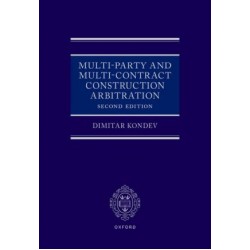Your shopping cart is empty!
MENU
-
Categories
+
Law
- ** 2025 No.2 Law Update less 15% **
- ** Promotion -- Penalties of Empire: Capital Trials in Colonial Hong Kong less 20%
- ** 國家憲法及香港法律叢書 ** 9折 優惠
- Air and Space Law
- Arbitration & adr
- Australia Law
- Banking Law
- Biography / Legal History / Miscellaneous / Legal Interest
- Building / Construction
- China Law
- Commercial Law
- Common Law Library
- Company Law
- Competition Law
- Conflict of Laws
- Constitutional and Administrative Law / Judicial Review
- Contract Law
- Conveyancing / Property Law / Land Law
- Criminal Law
- Data Protection
- Dictionary
- Employment Law
- Environmental Law
- Equity & Trusts
- EU Law
- Evidence
- Family Law
- Hong Kong Law
- Human Rights
- Insolvency Law
- Insurance Law
- Intellectual Property Law / Trademark Law / Patent Law
- International Law / Immigration / Refugee Law
- Jurisprudence
- Legal Profession, Legal Practice Management & Reference, Drafting and Legal Writing
- Libel and Slander
- Media / Telecommunications / IT Law
- Medical Law / Mental Health Law
- Partnership
- Personal Injury / Remedies & Damages
- Practice & Procedure
- Professional Negligence
- Restitution
- Shipping, Transport and Maritime Law
- Supplement
- Taxation
- Tort Law
- Wills & Probate
- Bargain Corner ** Offer valid while stocks last **
- About Us +
- Legal Profession Services +
- Students +
- Professional Examinations Guides +
- Contact Us +


-250x250.jpg)















